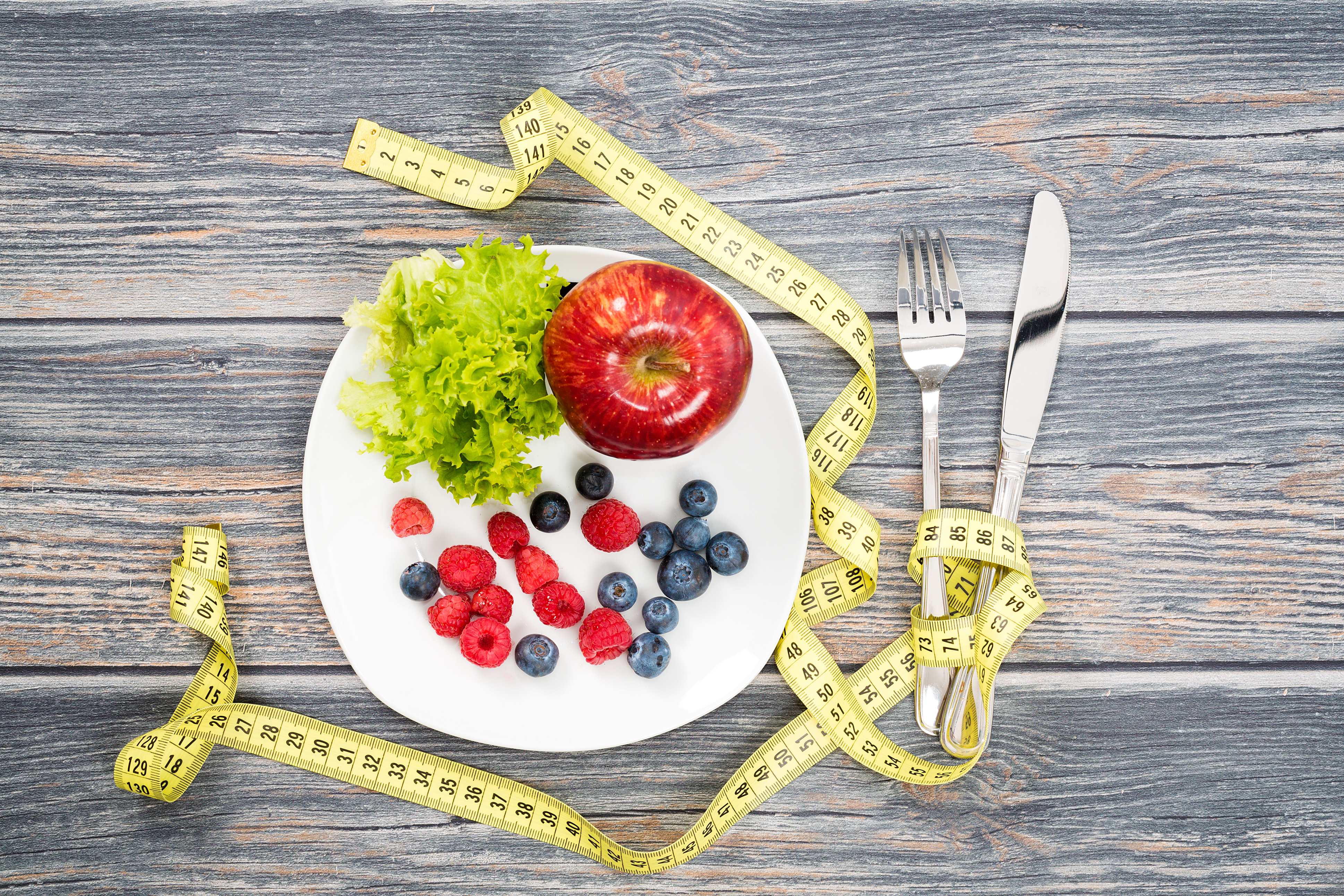
It is probably safe to say that the most commonly held belief in nutrition today is that “a calorie is just a calorie”. When scouring the internet for the worst nutrition advice people have received, overwhelmingly it’s “count calories to lose weight.” I’m going to break down why this isn’t the key to losing weight, and explain what you should instead.
Calories are a unit of energy. They were actually invented in 1824 by the French physicist Nicolas Clément. A calorie is the amount of energy needed to raise the temperature of 1 gram of water by 1 degree celsius (at sea level). In nutrition, we typically use kilocalories (although people often refer to them as ‘calories’ as well). 1 kilocalorie is equal to the amount of energy needed to raise the temperature of 1 kilogram of water by 1 degree celsius (in fact, Clément used the word calorie because in Latin calor means heat).
In the early 1900’s, a German doctor named Carl von Noorden tried to use concepts from physics to study obesity. Van Noorden thought that “a calorie is just a calorie” and claimed that no matter what you eat, if you consume more calories than you burn you are going to gain weight. In his view, there is just no way around it. The energy you get from food cannot vanish. According to von Noorden, you either use it or store it as fat. This, as I’ll explain later, isn’t true, and calories can actually be used in other ways as well.
The original method was to place the food in a sealed container surrounded by water. The food was completely burned to ashes and the resulting rise in water temperature was measured. The number of calories in the food is defined to be the energy required to burn the food (and was measured by the change in temperature). Today, we know that every gram of carbs or protein requires about four calories to burn, and every gram of fat requires about 9 calories to burn. This allows one to estimate the amount of calories in food just by knowing its composition of macronutrients.
Although “calorie in-calorie out” is a commonly held belief in nutrition, as your starting to see there are a lot of problems with this thought process.
Now I’m not going to argue that the first law of thermodynamics is false (I’m a trained physicist). But what I am going to argue is that the notion of calories is misinterpreted in nutrition.
There are two issues with the caloric theory of food:
First, our body is not a giant engine that burns the calories, it tries to absorb the calories to use them. This means that in the process of absorbing food, the body uses energy. Since the body is a complex biological system, it absorbs different calories in different ways. The absorption depends on the food we eat. This means that a person who is eating 2,000 calories only from fat will burn a different amount of energy than if he would be eating 2,000 calories from carbs (also fun fact, this has to do with the second law of thermodynamics [1]).
In other words, not all calories are created equal. In a 2012 study researchers followed 21 kids who ate the same number of calories but from different sources. They concluded that the type of calories consumed influences the number of calories burned [2]. As a second example, we’ve already discussed how adding nuts to the diet can actually aid in weight loss despite the naive calories in – calories out equation. This is a relatively hot topic in nutrition research, and today organizations like the Nutrition Science Initiative (NuSi) are using more rigorous methods to better understand these results [3, 4].
The second problem with the whole “calorie in – calorie out” theory is that our body doesn’t necessarily digest all the nutrients from food. A lot of the energy is lost in bodily waste. This means we have to take into consideration this lost energy when counting our calorie intake. The amount of lost energy is very individual and depends on how much fiber is in your diet and the amount of bacteria in your gut.
Imagine drinking one liter of olive oil in one shot. A liter of olive oil contains almost 9,000 calories which is equivalent to one kilogram (or almost 2 pounds) of fat. Now, do you really think you will gain two pounds of weight if you do so? Of course not. The most you are going to get from this is a very unhappy stomach (needless to say – please don’t try this at home).
Instead, eating healthy and nutritious meals without simply counting the calories. Focus on fresh, whole foods and eating in moderation rather than counting every calorie that enters your body. Download the Nutrino app to get more personalized meal recommendations.
Further reading
[1] Anahad O’Connor, “‘Fed Up’ Asks, Are All Calories Equal?”, NY Times 2014
[2] Mark Hyman, M.D., “Why Calories Don’t Matter”, 2015
[3] Peter Attia, M.D., “Do Calories Matter?”, The Eating Academy
[4] Jane E. Grody, “Still Counting Calories? Your Weight-Loss Plan May Be Outdates”, NY Times, 2011
References
